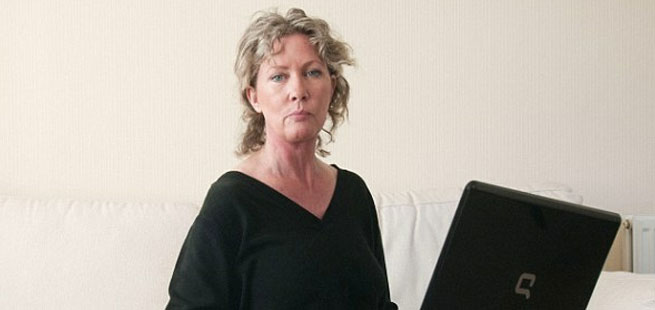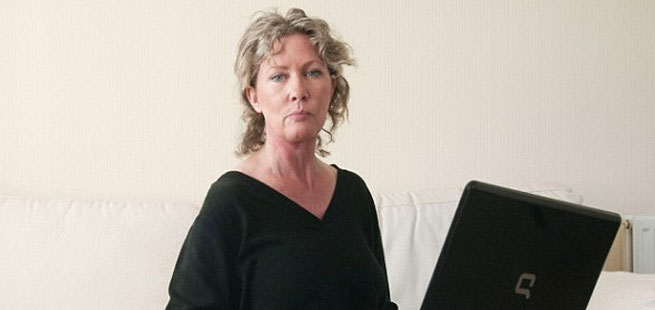
Cyberbullying is a very real problem on the web, and Facebook just took part in a landmark case to shed light on the identities of trolls who do real harm.
A 45-year-old woman named Nicola Brookes (pictured above) brought the case against a group of individuals who tormented her for months, creating fake profiles using her picture and even sending death threats.
Now, the social network will reveal the names, emails addresses, and IP addresses of four alleged cyberbullies, the Daily Mail reports.
June 5th: The AI Audit in NYC
Join us next week in NYC to engage with top executive leaders, delving into strategies for auditing AI models to ensure fairness, optimal performance, and ethical compliance across diverse organizations. Secure your attendance for this exclusive invite-only event.
Ironically, Brookes’ ordeal began when she defended another victim of cyberbullying. She posted a supportive message on her own Facebook wall, encouraging the other person to “keep [his] chin up… They’ll move onto someone else soon.” Apparently, that “someone else” was Brookes, who received more than 100 violent and disturbing messages over the next 24 hours.
Some of the messages accused Brookes of pedophilia. When her image was used to create a fake profile, the person behind the fake profile began using it to send inappropriate messages to girls as young as 9 years old.
In most states in the U.S., online harassment is already a serious offense that can lead to jail time, and social media companies stateside already do a fair amount of compliance with official requests for user information, especially when those requests are routed through the courts or law enforcement.
Facebook in particular has been working very diligently over the past couple years to raise awareness around bullying. A Facebook spokesperson said, “There is no place for harassment on Facebook, but unfortunately a small minority of malicious individuals exist online, just as they do offline. We respect our legal obligations and work with law enforcement to ensure such people are brought to justice.”
But they may encounter a few speedbumps on the way. IP addresses are notoriously held on shaky ground legally. In all, lawyers are going to have to piece together more than a few details before they have a firm case.

